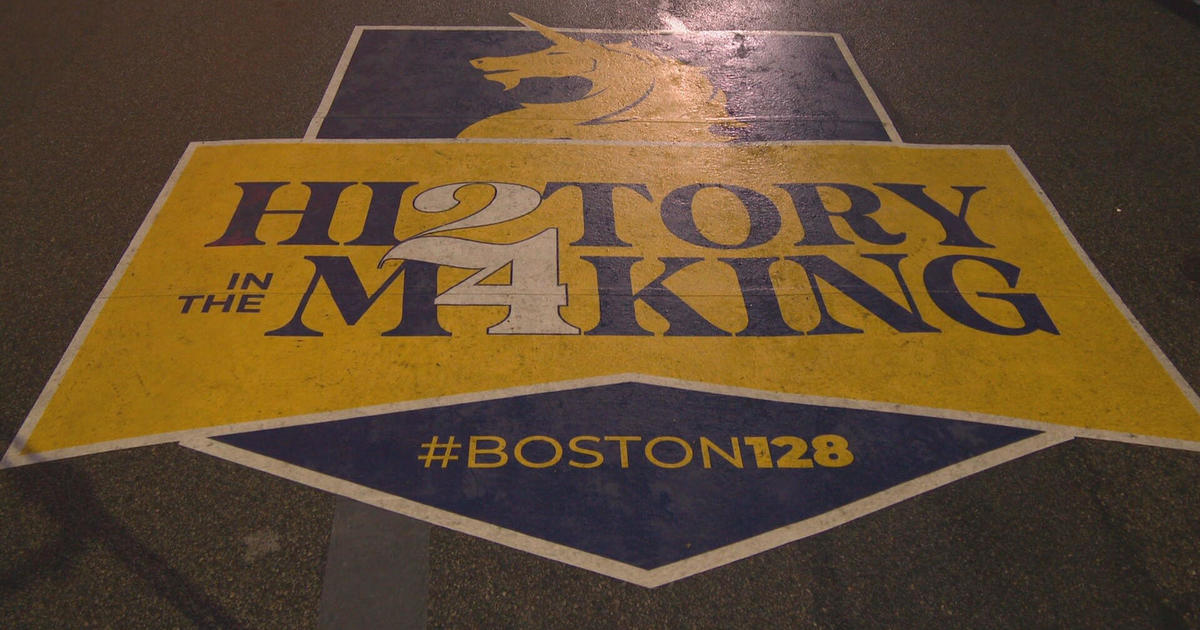Video games being used to support children and adults with mental health struggles
LOWELL – A happy kid who loved daycare, Jason McCarthy of Lowell struggled when the pandemic separated him from his friends and his routine.
"Four to five-year-old kids should be the happiest, they're oblivious to everything or should be, and just was not a happy kid. Something is going on," his mother Meghan said.
With her son now a first grader, Meghan was unsure how to help.
"He was having a lot of emotional dysregulation and my mom was googling, 'How do we manage a kid who just kind of explodes?'" she recalled.
That's when they discovered Mightier. It's a video game that founder and chief science officer Jason Kahn says helps children learn to manage their emotions.
"It helps children build emotional strength. So emotional strength is the ability to stay calm and collected through life's challenges," he said.
According to Kahn, research has already shown that playing games on Mightier can help children with ADHD. Now it's being used for a wide range of mental health issues.
It works by using a heart rate monitor worn on the wrist. When the child's heart rate increases, the game prompts the player to do a simple exercise, like slowly moving the arm across the chest or taking slow, deep breaths.
"It makes me feel calmer," Jason said while playing the game on his couch.
"They do it hundreds and hundreds of times and they build muscle memory for cooling themselves down when that frustration comes and they don't have to think about it," Kahn said.
Virtual reality is also being used to support good mental health. One piece of technology is a headset from XR-Health, which was originally developed for at home physical therapy.
But the service also provides calming scenes that can be beneficial for children and adults who suffer from anxiety and depression.
"What VR allows is to transport [the user] to a totally different place and for mental health, that can be very powerful," XR Health founder Eran Orr said.
For Jason, playing the gaming technology to learn self-regulation doesn't feel like treatment or work.
"I like them. I play Monday, Wednesday and Friday," he said.
"I definitely think it's worth it," his mom added. "I see improvements and he enjoys doing it."




